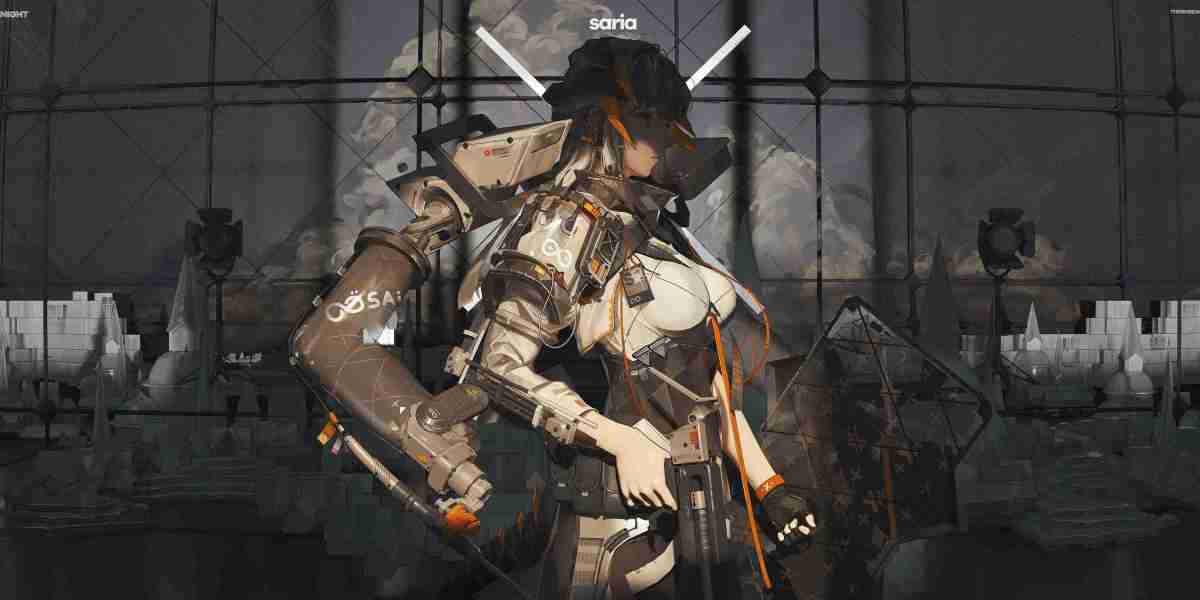Product design and prototyping have undergone a significant transformation with the advent of online 3D printing services. This innovative technology has revolutionized the way products are developed, allowing designers and engineers to bring their ideas to life in a faster, more cost-effective manner. In this blog post, we will explore the various ways in which online 3D printing services are reshaping the landscape of product design and prototyping.
Enhanced Design Iteration
One of the key advantages of online 3D printing services is the ability to rapidly iterate designs. Traditionally, designers would have to wait for weeks or even months to receive physical prototypes. This lengthy process often resulted in delays and hindered the creative process. However, with online 3D printing services, designers can now quickly produce multiple iterations of their designs in a matter of days. This allows for faster feedback loops and enables designers to refine their concepts more efficiently.
For example, imagine a designer working on a new smartphone case. With traditional prototyping methods, it would take weeks to receive a physical prototype and test its fit and functionality. However, with online 3D printing services, the designer can upload their design file, select the desired material, and have a prototype printed and delivered within a few days. This rapid turnaround time allows the designer to make adjustments and improvements to the design much faster, ultimately resulting in a better end product.
Cost Savings
Another significant advantage of online 3D printing services is the cost savings it offers. Traditional prototyping methods often involve expensive tooling and manufacturing processes, which can be prohibitive for small businesses or individual designers. However, online 3D printing services eliminate the need for costly tooling and allow for on-demand production of prototypes at a fraction of the cost.
For instance, consider a startup company developing a new consumer electronics device. In the past, they would have had to invest a significant amount of money in tooling and manufacturing equipment to produce prototypes. This upfront investment could be a major barrier to entry for many startups. However, with online 3D printing services, the startup can simply upload their design files and have prototypes printed on-demand. This not only reduces the initial investment required but also allows for more flexibility in design changes and iterations without incurring additional costs.
Global Collaboration
Online 3D printing services have also facilitated global collaboration in product design and prototyping. In the past, teams working on a project would often be limited by geographical constraints, making it difficult to collaborate effectively. However, with online 3D printing services, designers and engineers from different parts of the world can easily share design files and collaborate on projects in real-time.
For example, imagine a team of designers working on a new automotive component. In the past, they would have had to physically ship design files or prototypes back and forth, resulting in delays and potential miscommunication. However, with online 3D printing services, the team can simply upload their design files to a shared platform and have prototypes printed locally. This allows for faster iteration and feedback, as well as seamless collaboration between team members regardless of their location.
Conclusion
Online 3D printing services have revolutionized the field of product design and prototyping. The ability to rapidly iterate designs, cost savings, and global collaboration are just a few of the many benefits this technology offers. As the industry continues to evolve, we can expect even more advancements that will further enhance the design and prototyping process.








